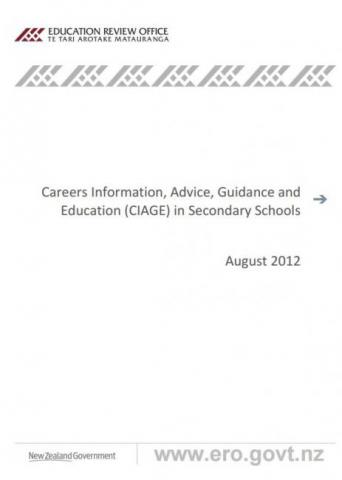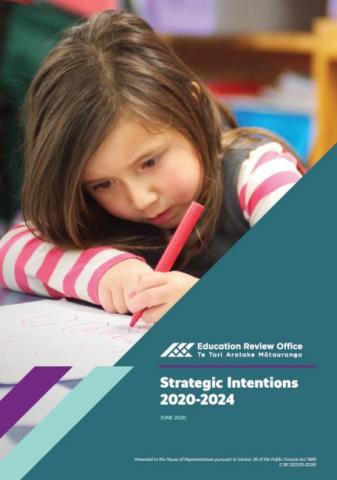Wellbeing for success: a resource for schools
Published: 21 Mar 2016
Wellbeing for success: a resource for schools has been developed to help schools evaluate and improve student wellbeing. It highlights the importance of schools promoting the wellbeing of all students as well as the need for systems, people and initiatives to respond to wellbeing concerns for students who need additional support.
- Audience:
- Education
- Parents
- Schools
- Content type:
- Research
- Topics:
- Wellbeing
- Mental health
- Resilience
- Whanaungatanga
- Hauora
- Health and Physical Education
- Resource Teachers: Learning and Behaviour (RTLB)














